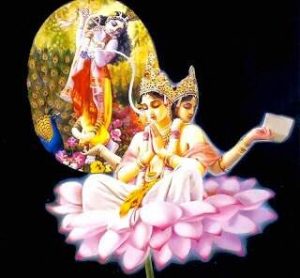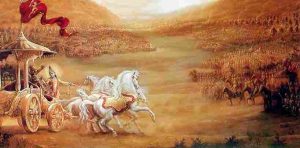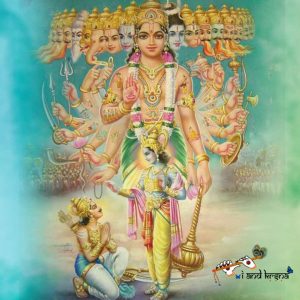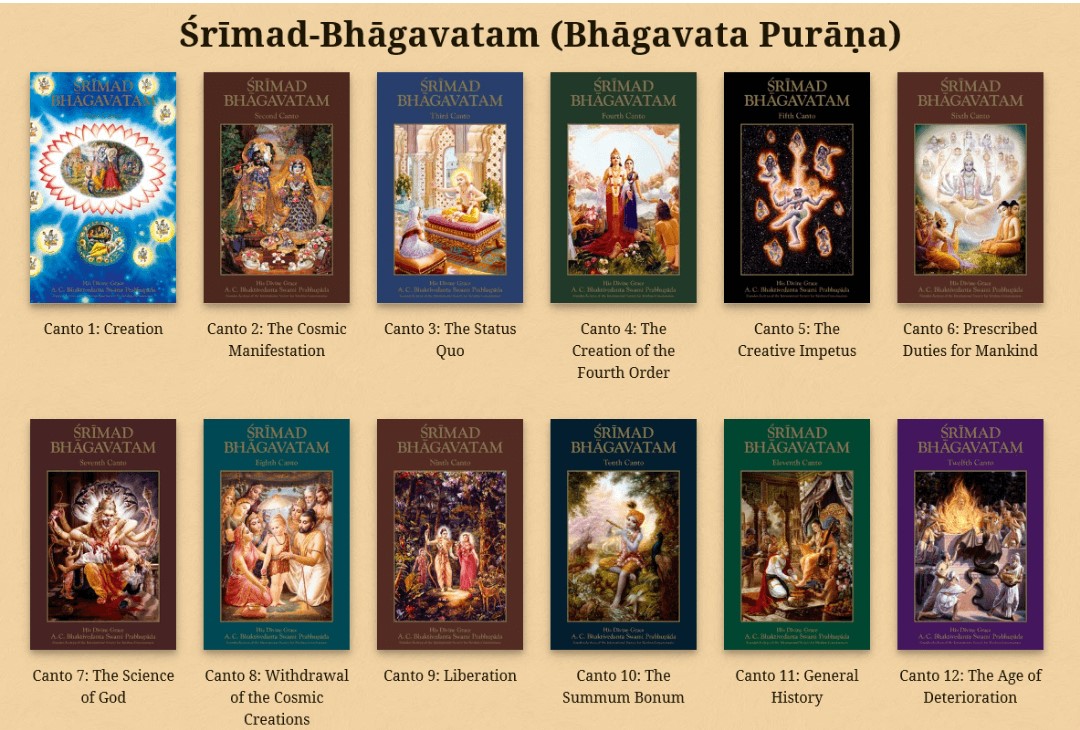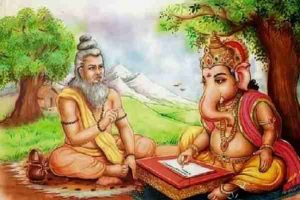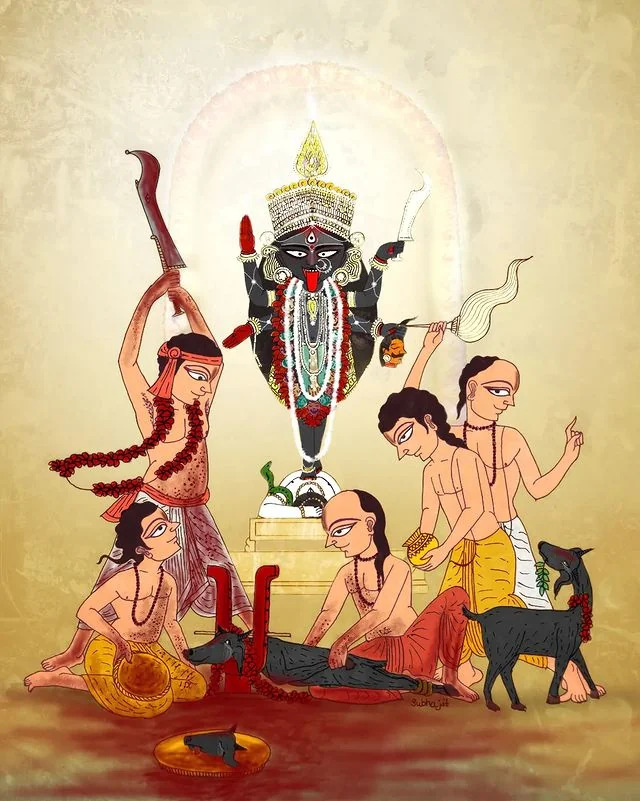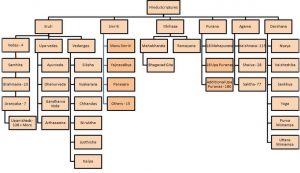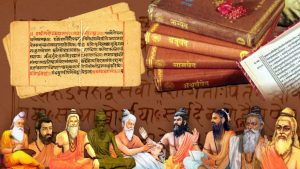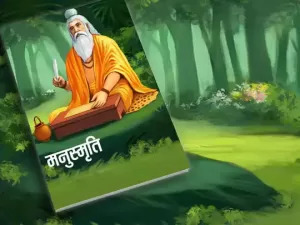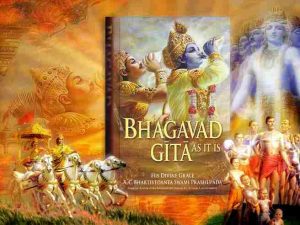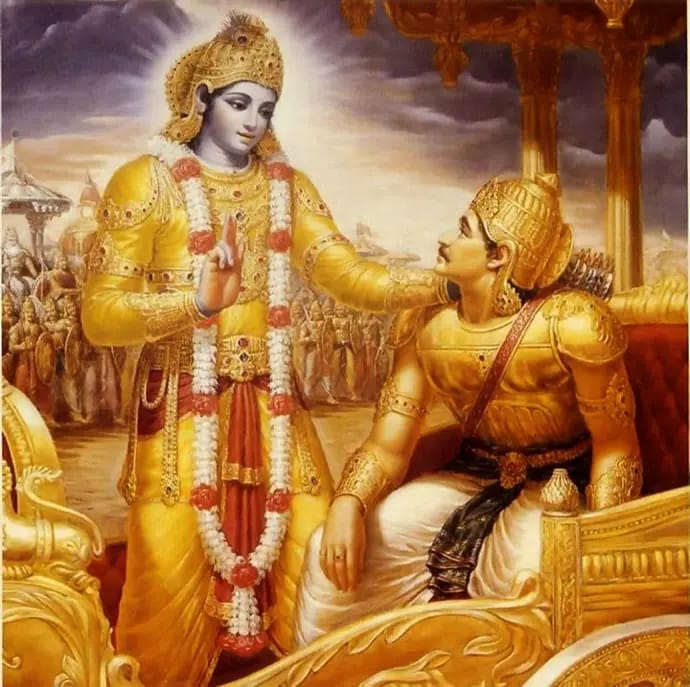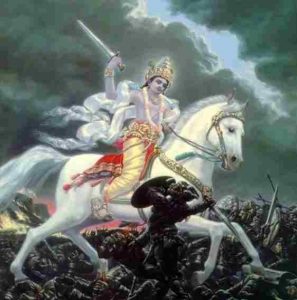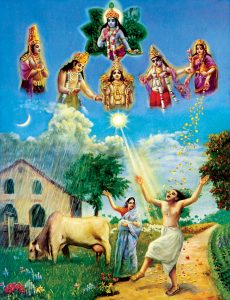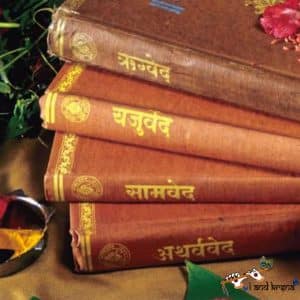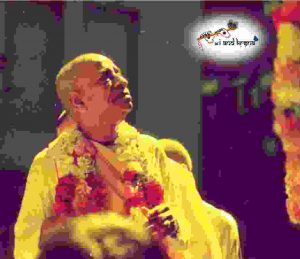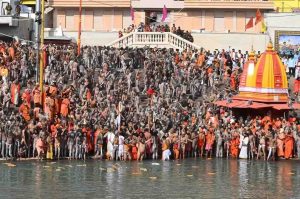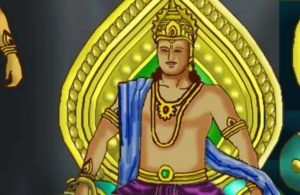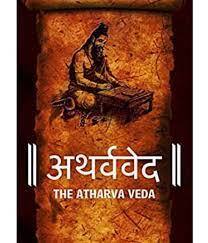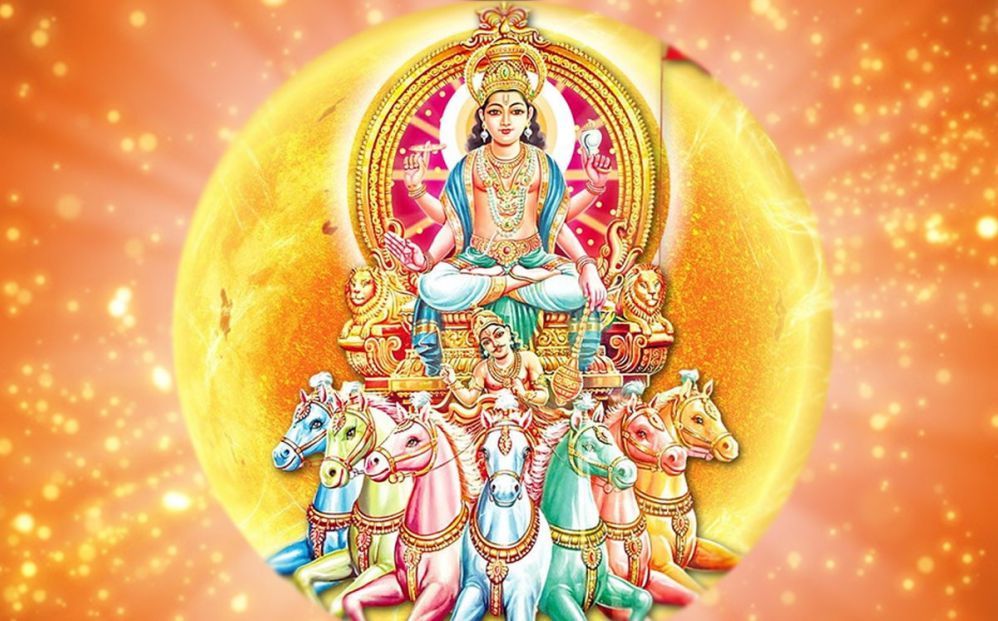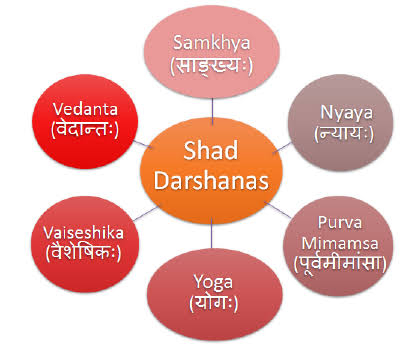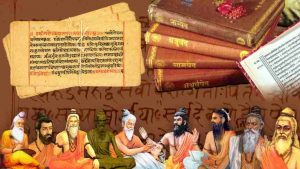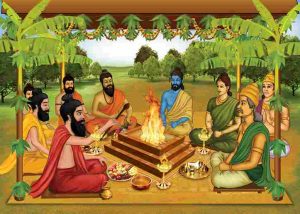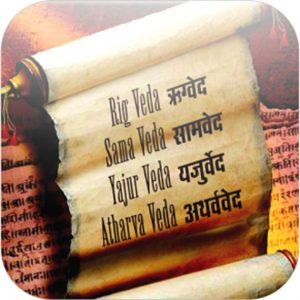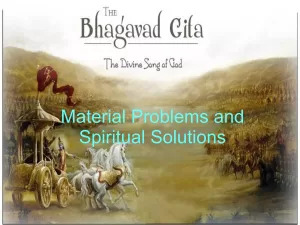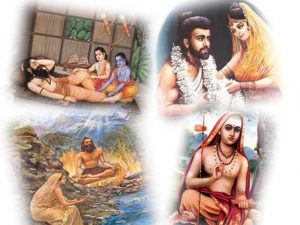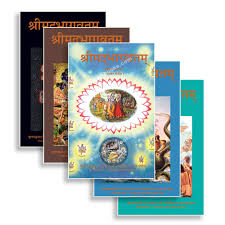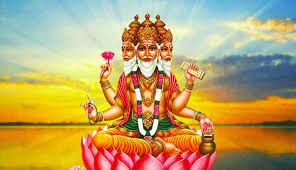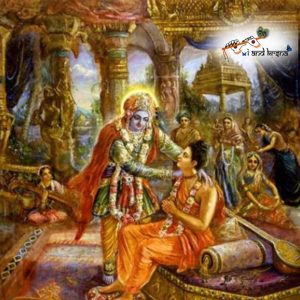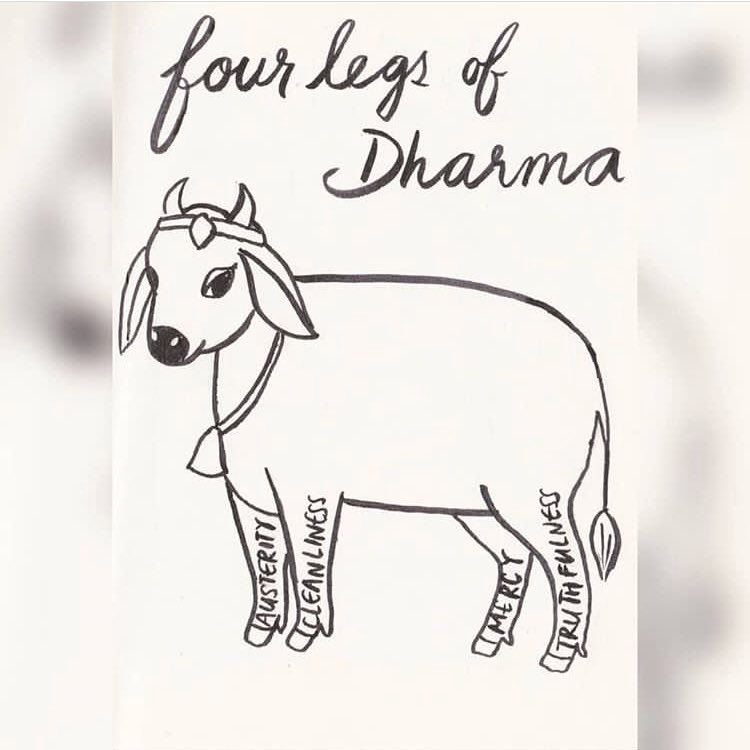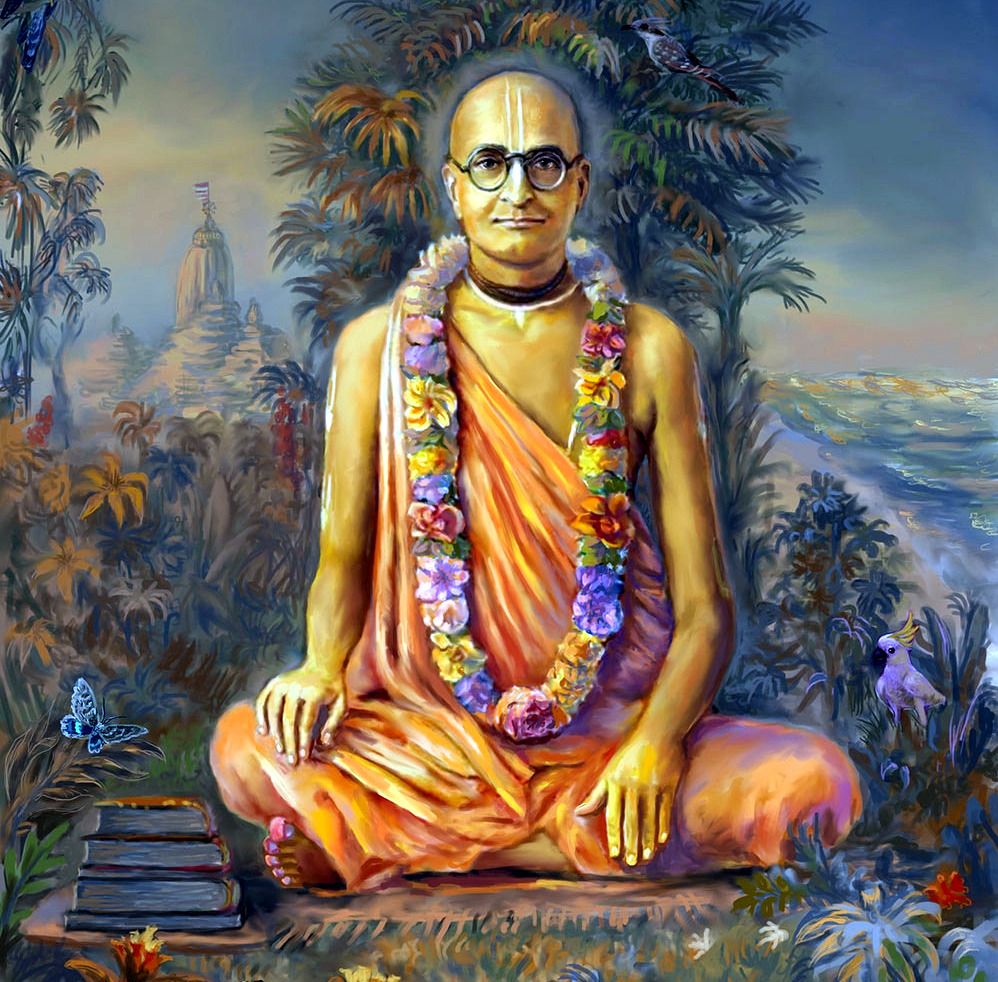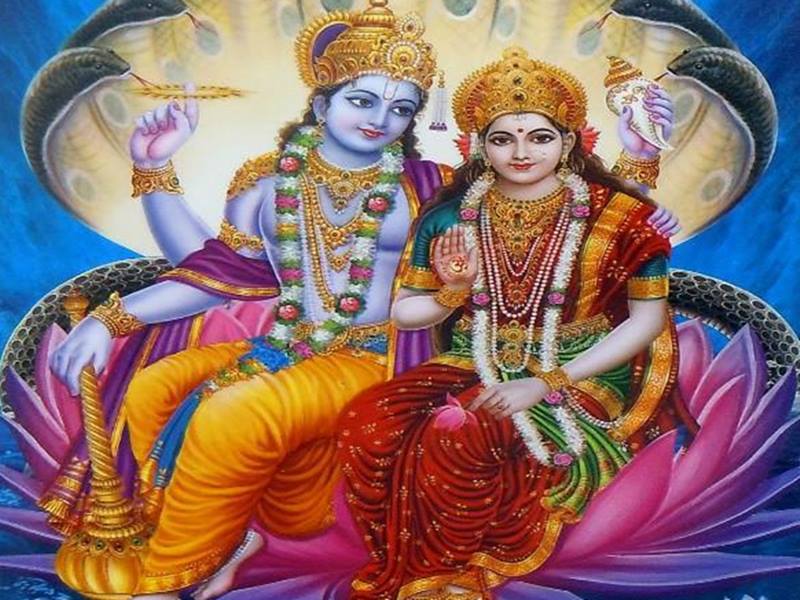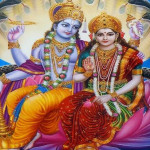Every negative injunction is understood to have a specific limit in scriptures.
Vedic śruti (śabda) forbids us to speculate upon the Absolute Truth, such restrictive injunctions indirectly constitute positive assertions of the existence of the supreme living entity. In fact, the Vedic restrictions are meant to save one from the false path of mental speculation and ultimately bring one to the point of devotional surrender. As Lord Kṛṣṇa Himself states in Bhagavad-gītā, vedaiś ca sarvair aham eva vedyaḥ: by all Vedic literatures the Supreme Personality of Godhead is to be known. The assertion that a particular process, such as mental speculation, is useless (yato vāco nivartante aprāpya manasā saha) constitutes an indirect assertion of the existence of a correct path of achieving the Supreme. As Śrīla Śrīdhara Svāmī has stated, sarvasya niṣedhasya sāvadhitvāt: “Every negative injunction is understood to have a specific limit. Negative injunctions cannot be taken as applicable in all cases.” For example, a negative injunction is that no living entity can be equal to or greater than the Supreme Personality of Godhead. But Śrīmad-Bhāgavatam clearly states that because of the intense love of the residents of Vṛndāvana for Kṛṣṇa, they sometimes assume a superior position. Thus mother Yaśodā binds Kṛṣṇa with ropes, and the influential cowherd boys sometimes ride on the shoulders of Kṛṣṇa or defeat Him in wrestling. Negative injunctions, therefore, may sometimes be adjusted according to the transcendental situation.
Source: A.C. Bhaktivedanta Swami Prabhupada (2014 edition), “Srimad Bhagavatam”, Eleventh Canto, Chapter 03 – Text 36.


